The practice of being "thankful" actually has healthful benefits. Studies support the idea that people who practice thankfulness as part of their life experience positive health benefits. Robert Emmons, a Univeristy of California at Davis psychology professor, states that his research found that those adopting an "attitude of gratitude" as a life strategy are healthier.
Lisa Aspinwall, a psychology professor at the University of Utah, suggests that grateful people may be more likely to:
- take better care of themselves physically and mentally
- engage in more protective health behaviors and maintenance
- get more regular exercise
- eat a healthier diet
- have improved mental alertness
- schedule regular physical examinations with their doctor
- cope better with stress and daily challenges
- feel happier and more optimistic
- avoid problematic physical symptoms
- have stronger immune systems
- maintain a brighter view of the future
- Focus your attention outward - Those more aware of the positives in their lives tend to focus their attention outward.
- Be mindful of what you have - You have heard this before, I am sure. Having "stuff" and "money" does not ensure happiness. It's not "what" you have that brings you happiness, it's how you feel about what you have that makes the difference.
- Journaling - Writing about things you are grateful for will help you to focus on the positive things in life. Daily journaling is more effective than weekly journaling. The writing process actually focuses your awareness and will help you to view your life more optimistically.
- "Framing" in the Positive vs. Negative - Learning to mentally "flip the switch" from a negative perspective to positive outlook helps your attitude and keeps you from focusing on the negative things. Try to find positives, even in situations you perceive as negative.
I've been trying to appreciate the goodness in my life more. Living is not so much about what I don't have, but to enjoy what I do have! And when you think about it, there must be things you appreciate and are grateful for. It doesn't have to be things that are material and tangible in nature. It can be experiences, relationships, actions etc.
Personally, I am grateful for a variety of things:
- I have my family and people I care about in my life.
- I have treasured friends who value our relationship.
- I have my pets that give me joy and I am grateful to be able to give my pets a good, happy life.
- I have the ability and freedom to live as I wish and to do things that I enjoy.
- I have my faith in God and a Church I am active in.
- I am able to help others in need and make a difference in their lives.
- I have creative talents, the ability to try and to learn new things that bring me joy. I am also able to share these talents with others and bring them happiness.
- I don't have everything I "want" but I have what I "need", and for that I am grateful.
That's just a partial list. I'll bet that once you start your grateful list, you will be amazed at the goodness in your life. Take the first step to feeling better.
http://www.healthline.com/health/depression/giving-thanks#2
http://abcnews.go.com/Health/science-thankfulness/story?id=15008148
http://www.webmd.com/women/features/gratitute-health-boost
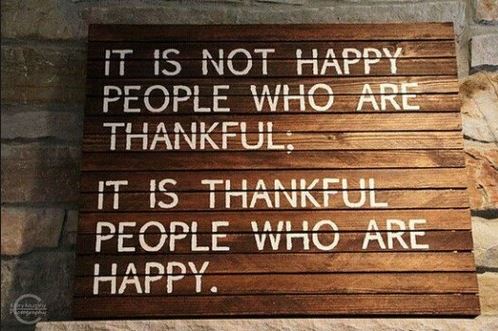
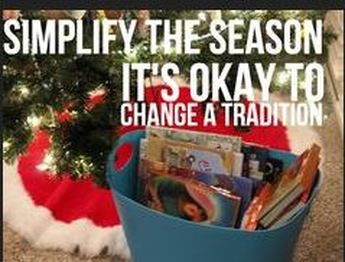




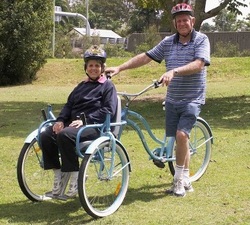
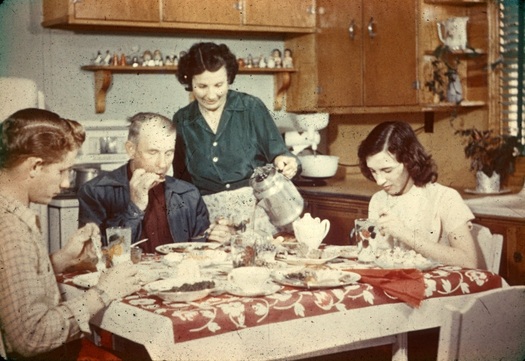
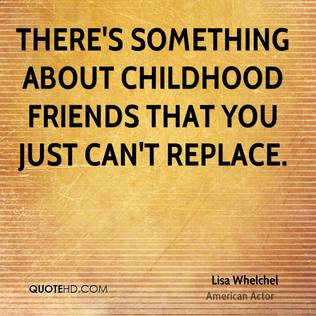

 RSS Feed
RSS Feed
